Dive into a world where common beliefs about food are turned upside down! Many of us hold assumptions about eating habits that simply aren’t true. From the demonization of fat to the misconception that all carbs are villains, these myths can shape our diets in unhelpful ways.
Let’s explore 25 myths—some you might already know, and others that may surprise you. Understanding these can lead to more informed, healthier eating choices.
1. Fat Makes You Fat
Many people fear fat, assuming it leads directly to weight gain. However, healthy fats, like those in avocados and nuts, are essential for our bodies. They provide energy and aid in absorbing vitamins. Not all fats are created equal; trans fats and saturated fats can be harmful, but healthy fats are beneficial.
Including them in moderation can support heart health and improve metabolism. It’s crucial to distinguish between types of fats rather than avoid them altogether. Embracing good fats can lead to a balanced diet and healthier lifestyle.
2. You Need To Detox
Detox diets and juices are popular, but our bodies are already equipped with a natural detox system—the liver and kidneys. These organs efficiently cleanse our bodies without expensive juices or extreme diets.
While it’s okay to enjoy fresh juices for flavor, relying on them for detoxification is unnecessary. Instead, maintaining a balanced diet full of fruits, vegetables, and water supports your natural detox system. Recognize that your body is a well-designed machine capable of cleaning itself without the hype of detox products.
3. Carbs Are The Enemy
Carbohydrates have unfairly earned a bad reputation. While low-carb diets are trendy, carbs are a primary energy source. The key is choosing the right kind—whole grains, fruits, and vegetables offer fiber and nutrients. Rather than eliminating carbs, focus on the quality and portion sizes.
Refined and sugary carbs can be detrimental, but complex carbs are beneficial. Understanding the difference helps maintain energy levels and supports overall health. So, don’t demonize carbs; instead, embrace them wisely for a balanced diet.
4. All Calories Are Created Equal
The idea that all calories are equal overlooks nutritional content. While a calorie is a calorie in energy terms, the source matters. Nutrient-dense foods like vegetables, lean proteins, and whole grains provide vitamins and minerals crucial for health.
Meanwhile, empty calories from sugary snacks or fast food lack nutritional benefits. Focusing solely on calorie count can lead to poor dietary choices. Instead, prioritize foods that offer nutritional value, even if they have more calories. Your body thrives on quality nutrition, not just numbers.
5. Red Meat Is Bad For You
Red meat often gets a bad rap, but it’s not all bad. Lean cuts of red meat are rich in protein, iron, and essential nutrients. The problem usually lies in processed meats or consuming large quantities. Moderation and choosing lean cuts can offer health benefits without increasing risks.
Balance is key: pair red meat with vegetables and whole grains for a nutritious meal. Reducing portion sizes and frequency can help maintain heart health while still enjoying the flavors and benefits of red meat.
6. Fresh Is Always Better Than Frozen
Frozen foods are often dismissed as inferior, but they can be just as nutritious, if not more so, than fresh items. Frozen fruits and vegetables are typically picked at peak ripeness and flash-frozen, preserving nutrients effectively. In contrast, fresh produce might lose nutrients during transport and storage.
Frozen options are convenient, affordable, and can reduce food waste. Embrace frozen produce to enjoy nutritious meals year-round without compromising on quality. They offer a practical alternative to fresh produce, especially when certain items are out of season.
7. All Processed Foods Are Bad
Processed foods often carry a stigma, but not all are unhealthy. Processing can enhance shelf life and safety. Whole grain breads, canned beans, and frozen vegetables are processed yet nutritious. It’s essential to differentiate between minimally processed foods and those high in salts, sugars, and unhealthy fats.
Reading labels helps identify healthier options. Incorporating minimally processed foods into your diet can provide convenience without sacrificing nutrition. Understanding processing levels aids in making informed dietary choices that support health and well-being.
8. You Must Cut Out All Sugar
Sugar has a notorious reputation, but not all sugar is harmful. Natural sugars found in fruits and dairy are part of a balanced diet. The issue arises with added sugars in processed snacks and drinks. Cutting out all sugar isn’t necessary; instead, focus on reducing added sugars.
Enjoying fruits in moderation offers essential nutrients and energy. Creating a healthy relationship with sugar involves understanding its different forms and effects on health. Balance and awareness are critical in managing sugar intake without resorting to drastic measures.
9. Supplements Can Replace Real Food
Supplements are often marketed as quick fixes for dietary gaps, but they cannot replace real food. Whole foods provide complex nutrients, fiber, and antioxidants that supplements lack. While supplements can be beneficial for specific deficiencies, they shouldn’t be a primary nutrition source.
A well-rounded diet rich in fruits, vegetables, proteins, and grains is essential for health. Relying on supplements alone misses the broader benefits of natural foods. Prioritize whole foods for a complete nutritional profile and use supplements as intended—as a complement, not a substitute.
10. Eating Late At Night Causes Weight Gain
The timing of meals often sparks debate, but the key is what and how much you eat, not necessarily when. Eating late at night doesn’t automatically lead to weight gain if calorie intake remains balanced. Choosing nutritious snacks like fruits or yogurt can satisfy late-night hunger without derailing diets.
Listen to your body’s hunger cues and maintain portion control. Avoid heavy or high-calorie meals before bed, as they can disrupt sleep. Emphasize mindful eating over clock-watching to manage weight effectively and maintain a healthy lifestyle.
11. Vegetarian Diets Are Automatically Healthy
Switching to a vegetarian diet doesn’t automatically mean healthier eating. While plant-based diets can be rich in nutrients, it depends on food choices. It’s possible to indulge in unhealthy vegetarian foods like fried snacks and sugary desserts.
A balanced vegetarian diet should include a variety of fruits, vegetables, grains, and proteins. Paying attention to nutrient intake ensures you’re getting enough iron, vitamin B12, and omega-3s, which can be lower in vegetarian diets. Thoughtful planning and diverse food options contribute to a truly healthy vegetarian lifestyle.
12. Dairy Is Bad For You
Dairy products are often criticized, yet they offer valuable nutrients like calcium, protein, and vitamin D. While some individuals may be lactose intolerant, many can enjoy dairy in moderation. Alternatives like lactose-free milk or plant-based options provide similar benefits.
Dairy contributes to bone health and can be part of a balanced diet. Evaluating personal tolerance is key to incorporating dairy effectively. It’s about choosing quality over quantity and finding what works best for your body. Including dairy can support a diverse and nutritious eating plan.
13. You Need To Eat Small Meals Often
The belief that frequent small meals boost metabolism is widespread, but not universally proven. It’s about personal preference and lifestyle. Some thrive on three larger meals, while others prefer smaller, frequent ones. Both can be healthy if balanced and nutritious.
Prioritize quality over quantity, ensuring each meal includes protein, fiber, and healthy fats. Listening to hunger cues and eating mindfully helps maintain energy and satisfaction. Find what suits your schedule and body needs without feeling pressured to follow a specific eating pattern.
14. Superfoods Are Miracle Foods
The term ‘superfood’ is more marketing than magic. While foods like quinoa, chia seeds, and blueberries are nutritious, they’re not cure-alls. Health benefits come from a varied diet rather than a few select ingredients. Incorporating these foods can enhance nutrition, but they shouldn’t overshadow other essential foods.
Balance and diversity in diet provide comprehensive health benefits. Recognizing that no single food holds the key to health encourages a well-rounded approach to eating. Appreciate superfoods, but don’t elevate them above a diverse meal plan.
15. Organic Food Is Always Healthier
Organic produce is often perceived as superior, yet it isn’t always more nutritious than conventional options. The main difference lies in farming practices, not necessarily nutrient content. Both organic and non-organic foods can be part of a healthy diet.
Prioritizing local, fresh produce can sometimes be more beneficial than focusing solely on organic labels. Understanding that health benefits depend on overall diet quality rather than individual food choices helps make informed decisions. Choose foods that align with your values, budget, and dietary needs.
16. Gluten-Free Is Healthier For Everyone
Gluten-free diets are essential for those with celiac disease or gluten sensitivity, but not everyone benefits from eliminating gluten. Whole grains containing gluten offer fiber and nutrients vital for health. Removing gluten unnecessarily can lead to nutrient deficiencies.
If you don’t have a medical reason, enjoy gluten-containing foods as part of a balanced diet. Don’t be swayed by trends without understanding the personal implications. Embrace dietary diversity unless advised otherwise by a healthcare professional. Gluten isn’t a universal enemy; it’s just another dietary component.
17. You Need Protein Shakes To Build Muscle
Protein shakes are popular among fitness enthusiasts, but they’re not the sole path to muscle building. Whole foods like eggs, chicken, and legumes provide ample protein and nutrients. If dietary protein needs are met, shakes aren’t necessary. They can be convenient post-workout options but shouldn’t replace balanced meals.
Focus on overall nutrition, ensuring you get a mix of proteins, carbs, and fats. Consult with a nutritionist to tailor protein intake to your personal fitness goals. Relying solely on shakes may overlook the benefits of diverse, whole foods.
18. You Should Always Avoid Salt
Salt is often demonized, but it plays a vital role in bodily functions. Moderation is key; excessive salt can lead to health issues, yet eliminating it entirely isn’t beneficial. Salt helps maintain fluid balance and supports nerve and muscle function.
Choosing low-sodium options and flavoring food with herbs can reduce intake without sacrificing taste. Evaluate personal health needs to determine the right amount. Understanding salt’s role helps create a balanced diet. Moderation and awareness allow for enjoying meals without excessive restriction.
19. You Can Spot-Reduce Fat
The myth of spot-reducing fat through targeted exercises persists, but it’s not physiologically possible. Fat loss occurs overall, not in isolated areas. While exercises can tone muscles, they don’t specifically target fat. Combining cardio, strength training, and a balanced diet supports overall fat loss.
Focus on total body fitness for effective results. Understanding that spot reduction is a myth helps set realistic fitness goals. Embrace a holistic approach to health and fitness rather than chasing spot-specific results. Balanced efforts yield sustainable outcomes.
20. Juicing Is A Healthy Meal Replacement
Juicing is trendy, but not a complete substitute for meals. While juices provide vitamins, they lack fiber and protein necessary for satiety and balanced nutrition. Relying solely on juices can lead to nutrient gaps and hunger.
Instead, enjoy juices as part of a varied diet, complementing meals rather than replacing them. Whole fruits and vegetables offer comprehensive nutrition. Recognizing juices’ limitations encourages a balanced approach to eating. Incorporate juices thoughtfully into a diet that prioritizes whole, unprocessed foods for optimal health.
21. Drinking Water Helps You Lose Weight
Hydration is crucial, but water alone doesn’t cause weight loss. Drinking water before meals can aid in portion control by promoting a feeling of fullness. However, weight loss results from a caloric deficit, combining a balanced diet and regular exercise.
Water supports metabolic functions and helps maintain overall health. Emphasize it as part of a healthy lifestyle rather than a quick fix. Acknowledge water’s health benefits without expecting it to be a standalone weight-loss solution. Balanced habits foster long-term health and weight management.
22. Eating Fat-Free Foods Helps You Lose Weight
Fat-free foods are often perceived as healthier, but they can be misleading. Removing fat doesn’t automatically make food low-calorie or healthier; often, sugar and additives replace fat to improve taste. This can lead to increased calorie intake.
Understanding that dietary fat isn’t the enemy aids in making informed choices. Opt for real-food ingredients and balanced meals. Focusing on overall dietary quality rather than fat content supports effective weight management. Recognize marketing tactics that promote fat-free products as inherently beneficial. Balance remains essential.
23. Brown Sugar Is Healthier Than White Sugar
Brown sugar seems healthier due to its color, but nutritionally it’s similar to white sugar. The main difference is molasses, giving brown sugar its hue and slight flavor variation. Both sugars impact blood sugar levels equally and should be consumed in moderation.
Choosing one over the other doesn’t significantly affect health. It’s more important to monitor overall sugar intake across all foods. Awareness of sugar’s role in diet helps manage consumption effectively. Enjoy sugars sparingly as part of a balanced diet without perceiving one type as superior.
24. You Can Eat Whatever You Want If You Exercise
Balancing exercise with diet doesn’t grant unlimited eating privileges. While exercise burns calories and supports health, it doesn’t negate poor dietary choices. Eating mindfully and focusing on nutrient-rich foods enhances the benefits of physical activity.
Consuming high-calorie, low-nutrient foods can offset exercise efforts. Recognizing the synergy between diet and exercise aids in achieving fitness goals. Prioritize quality nutrition alongside regular workouts for optimal health. Exercise alone isn’t a license for unrestricted eating. Balance and moderation in both areas promote sustainable well-being.
25. Snacking Is Always Bad
Snacking carries a negative stigma, yet it can be beneficial if done thoughtfully. Healthy snacks like fruits, nuts, and yogurt provide energy and nutrients. They can bridge gaps between meals, preventing overeating later.
The key is choosing nutrient-dense options and keeping portions controlled. Avoid mindless snacking on processed, sugary foods. Incorporating snacks into a balanced diet supports sustained energy and hunger management. Understanding snacking’s potential benefits fosters healthier eating habits. Embrace snacks as a tool for maintaining energy and meeting nutritional needs throughout the day.
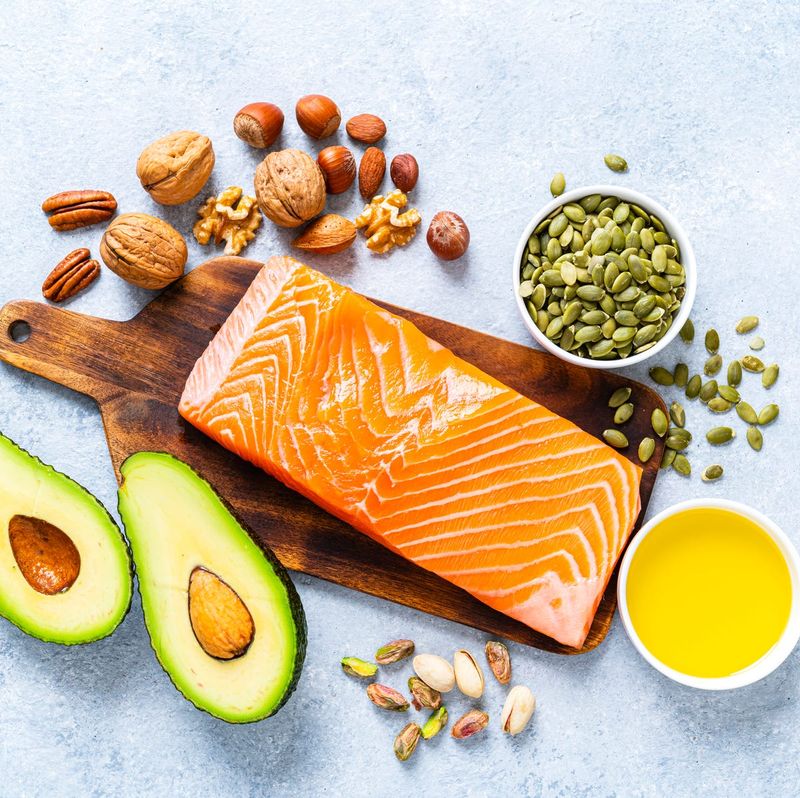
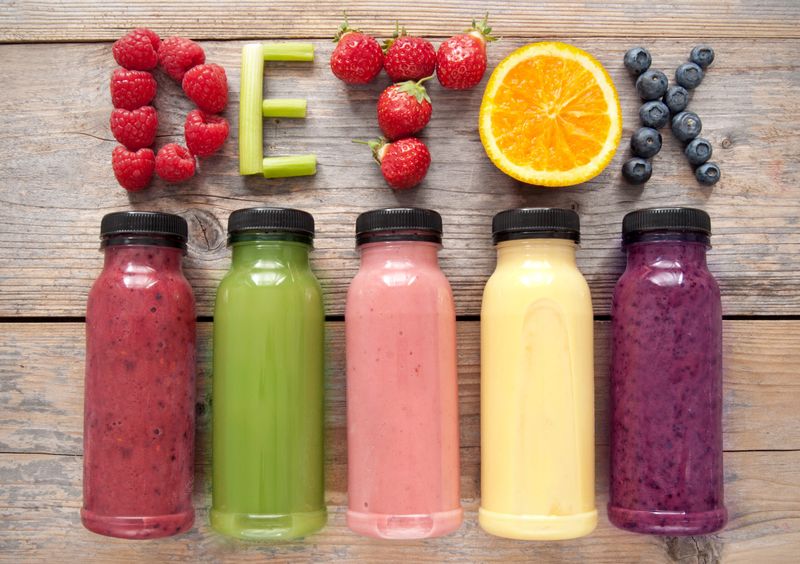
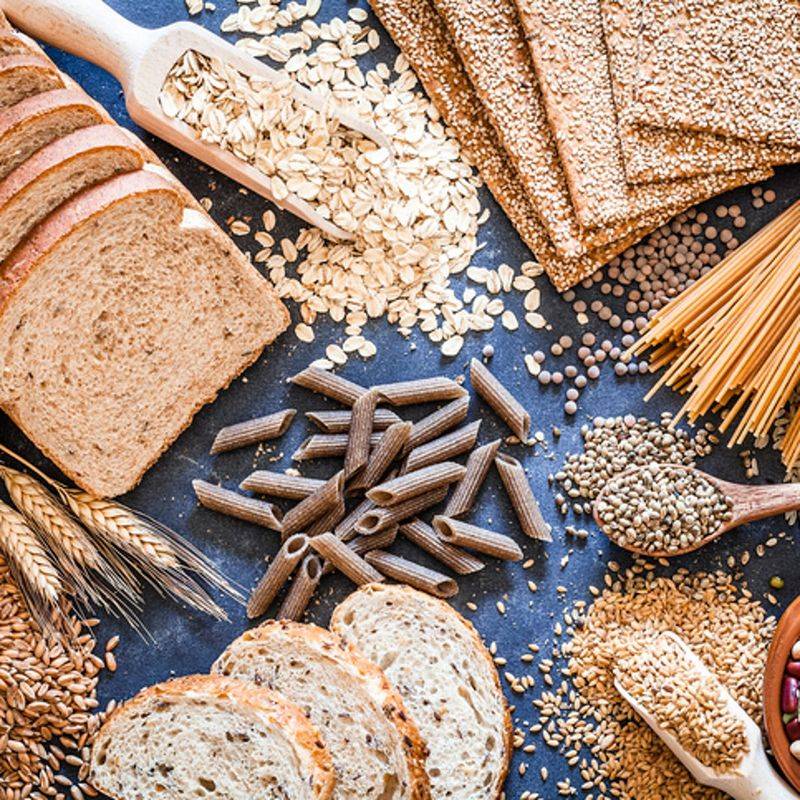
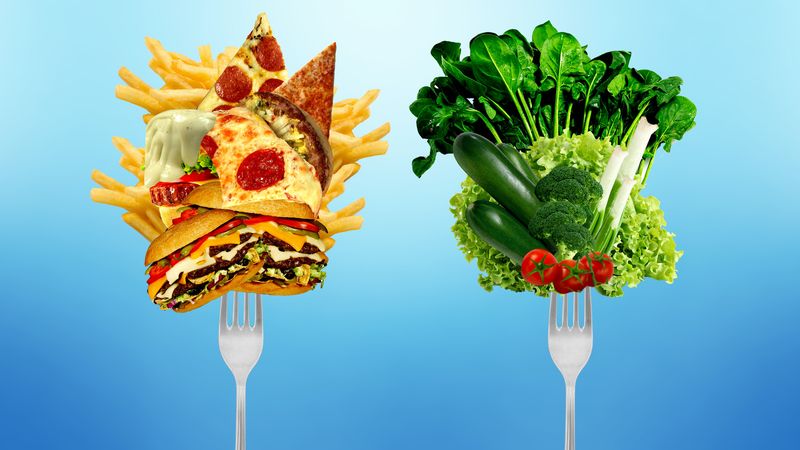

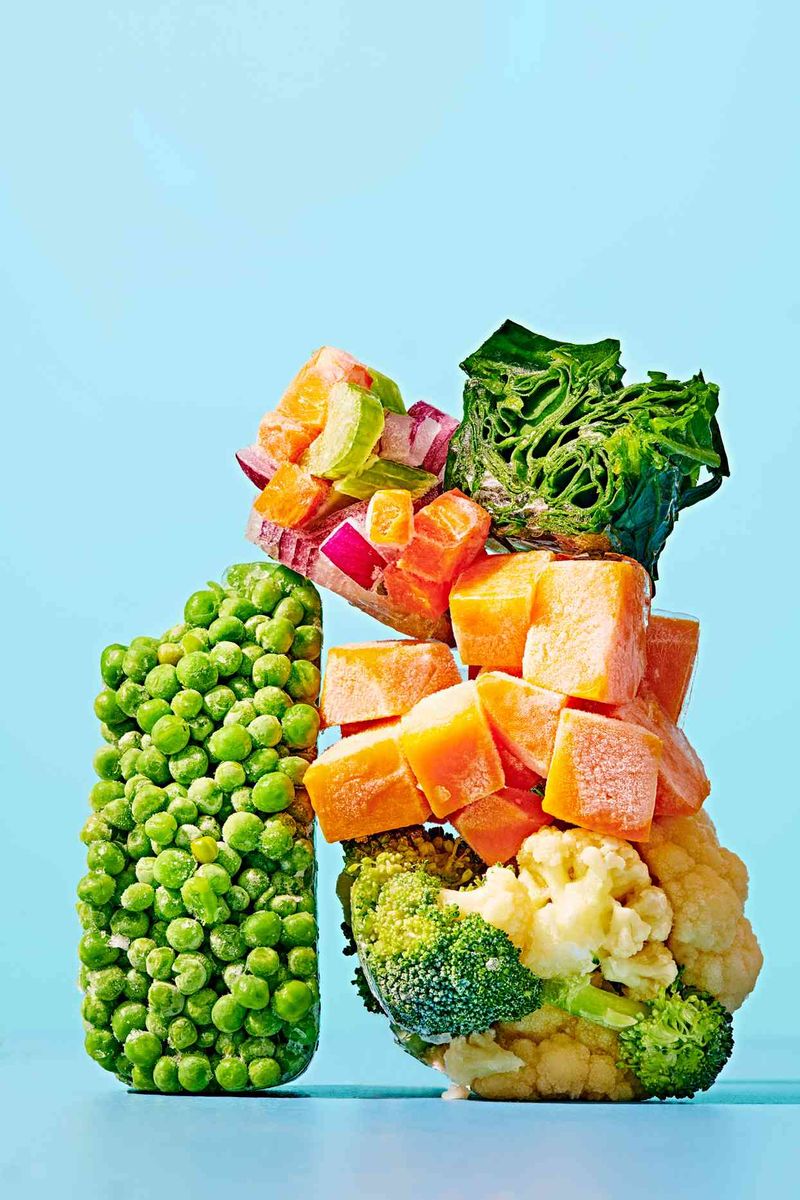
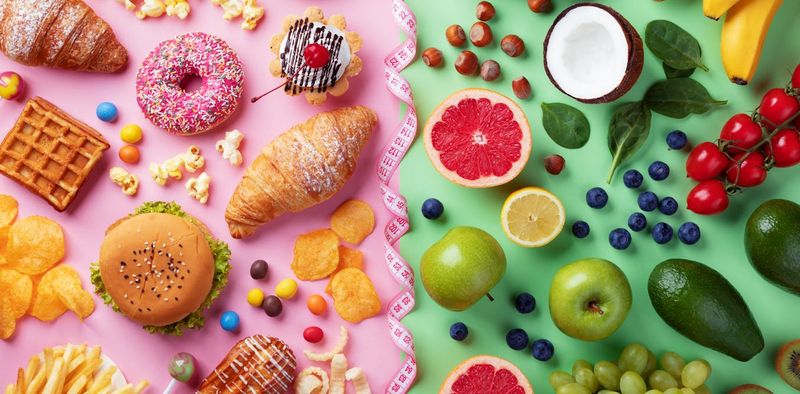
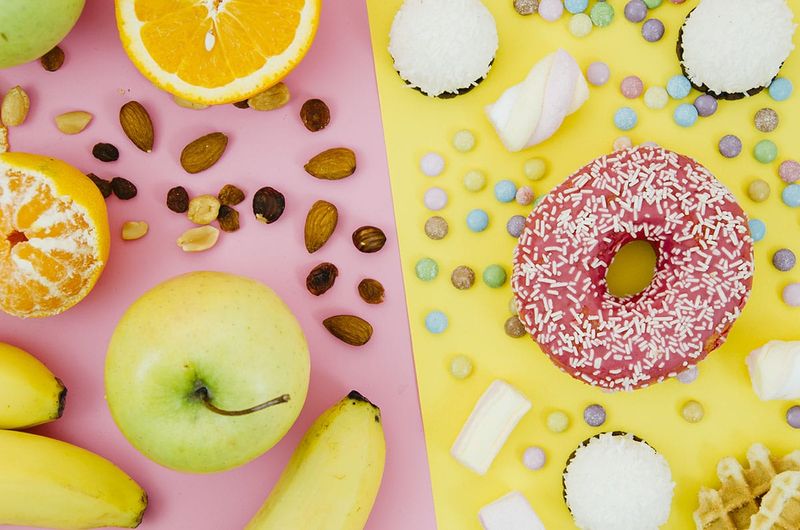


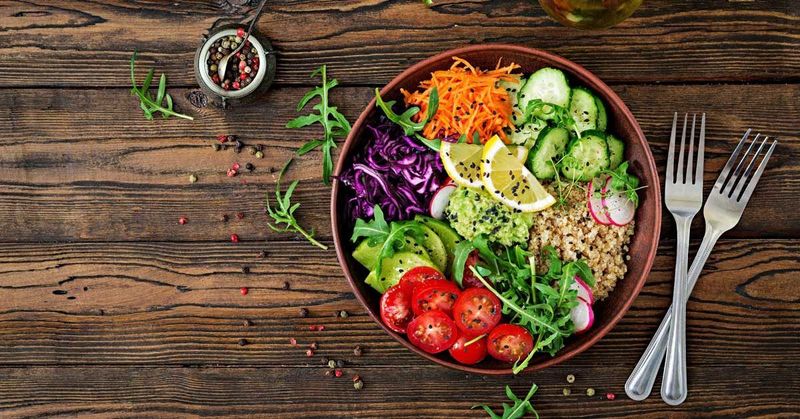
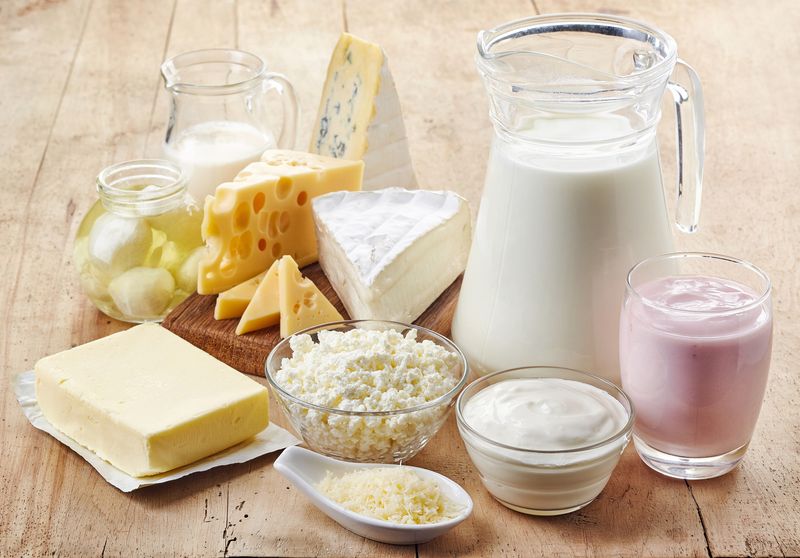

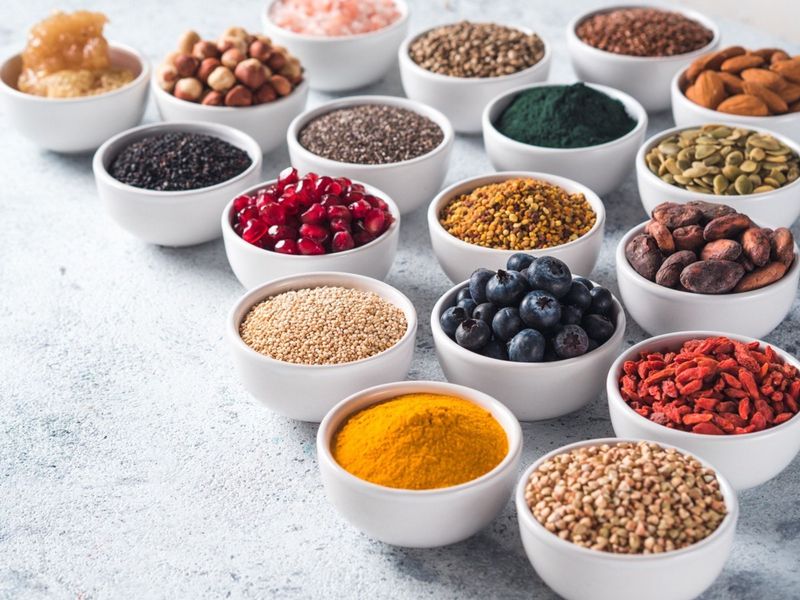
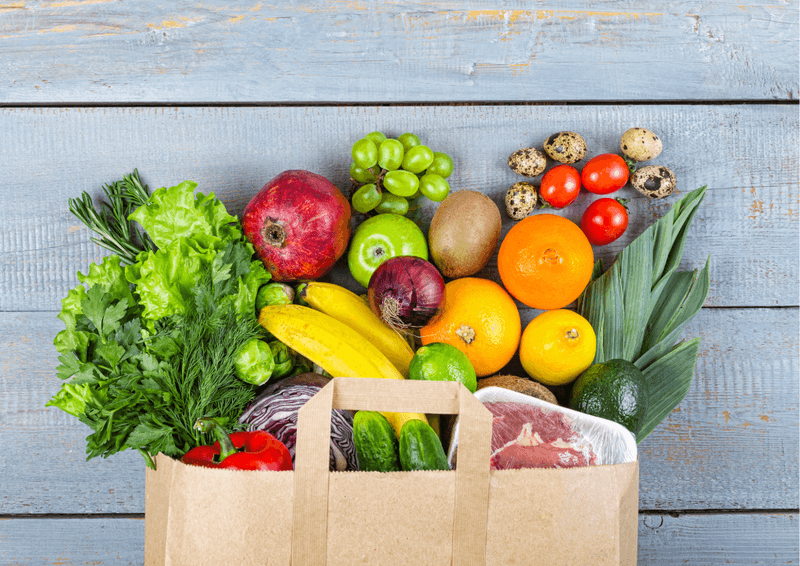
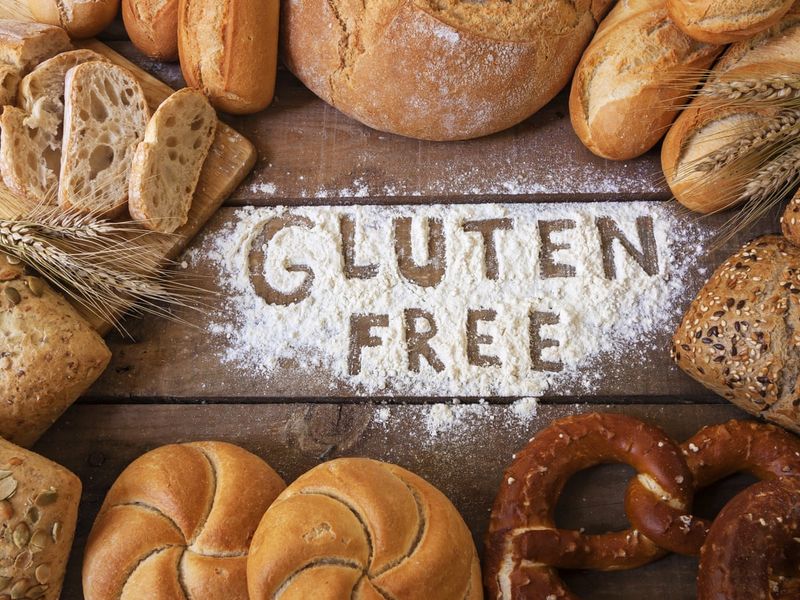

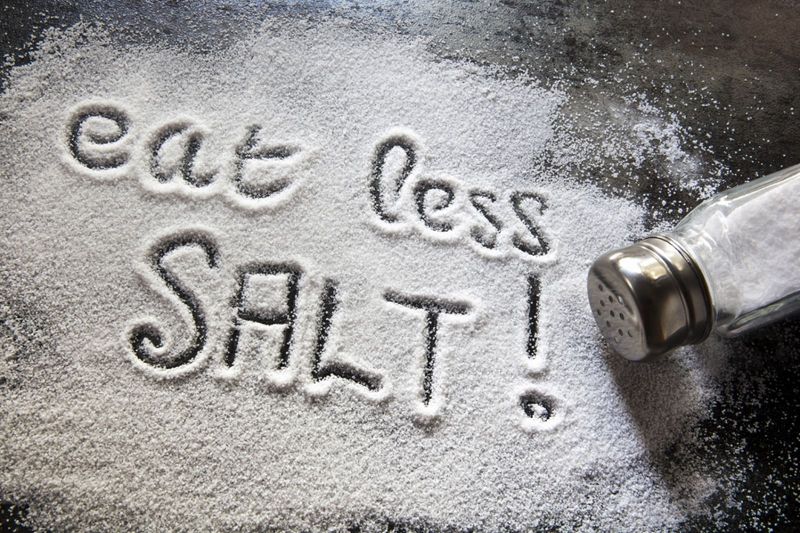



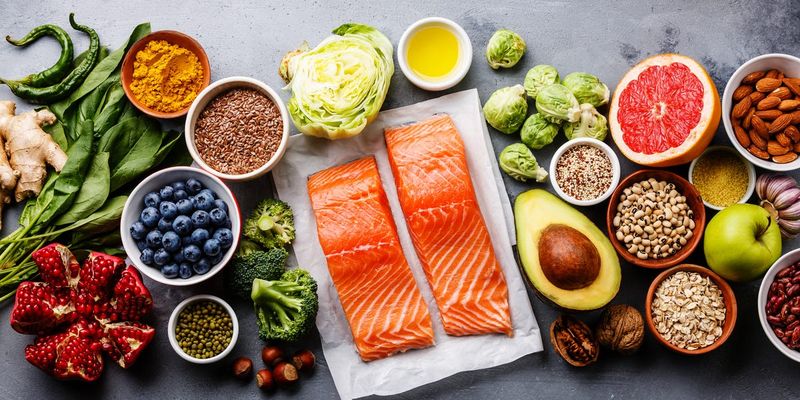

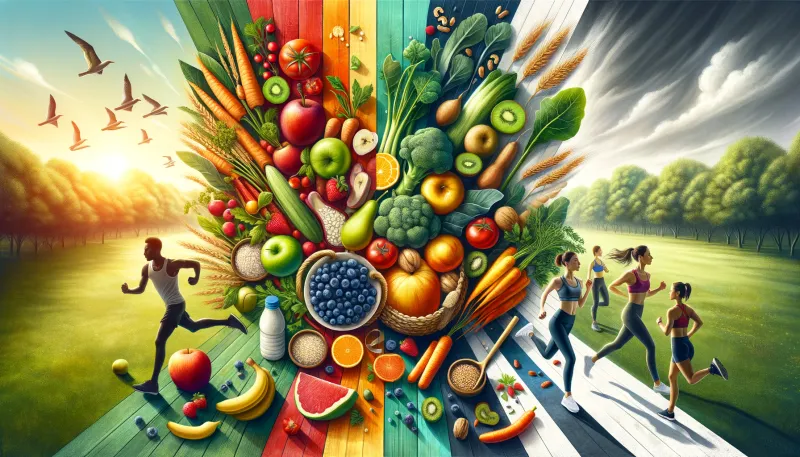

Leave a comment